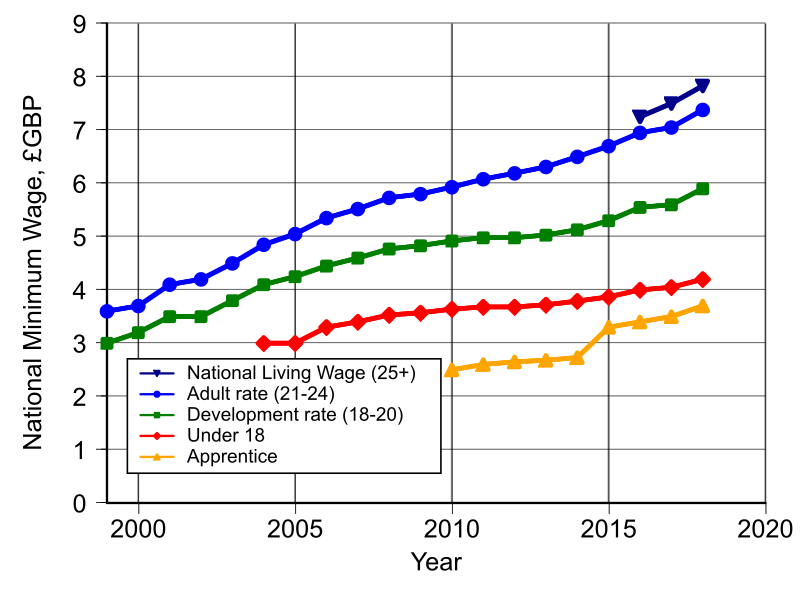Hilton Plans to Expand African Presence with Over 160 Hotels by 2029

CAPE TOWN, South Africa – During the Future Hospitality Summit Africa 2025, Hilton Worldwide Holdings Inc. (NYSE: HLT) announced its ambitious strategy to expand its footprint in Africa almost threefold, projecting the addition of more than 100 hotels across various nations on the continent, culminating in a total of over 160 operational properties by 2029. This expansion is set to reinforce Hilton's longstanding commitment to fostering growth in Africa's burgeoning hospitality sector, which is increasingly recognized for its potential in both economic and cultural spheres.
Hilton's Chief Development Officer for the Middle East & Africa, Carlos Khneisser, emphasized the company's enthusiasm regarding this initiative. “Africa offers incredible opportunity, from thriving business hubs to vibrant cultures, wildlife, and natural landscapes,” Khneisser stated, highlighting the continent’s unique attributes that appeal to international travelers and investors alike. “Our development strategy underscores our commitment to supporting Africa’s hospitality sector as we partner with owners to grow our footprint, deliver exceptional stays for our customers, and create jobs for local people.”
The company plans to focus its expansion efforts on key markets such as Ghana, Benin, Nigeria, Angola, and Madagascar, with the expectation of generating approximately 18,000 new jobs for local communities through this initiative. This announcement comes on the heels of recent hotel openings, including the Canopy by Hilton Cape Town Longkloof and the DoubleTree by Hilton Addis Ababa Airport, further establishing Hilton's presence in Africa.
Among the notable developments is Hilton's debut in Angola, which includes three new properties: the Hilton Luanda Hotel Godinho, Hilton Garden Inn Luanda Airport, and DoubleTree by Hilton Cabinda. The Luanda Hotel Godinho, set to open in 2027, will feature 220 guest rooms and multiple dining options, positioned strategically to attract both business and leisure travelers. Similarly, the Hilton Garden Inn Luanda Airport is being developed to cater to the growing demand for quality accommodations near Antonio Agostinho Neto International Airport.
The expansion will also see Hilton entering the Beninese market with the Hilton Cotonou, expected to open in 2028. This hotel will enhance Benin's capacity to host international events, thereby further solidifying the country’s aspirations to become a regional hub for business tourism. “This project will generate several hundred direct and indirect jobs across hospitality and related sectors,” noted the Republic of Benin through a statement by the Société de Développement Hôtelier du Bénin (SDHB).
In Nigeria, the company is set to open the Wave Hotel Abuja Jabi and Hilton Lagos Ikeja in 2026 and 2029, respectively. These properties are strategically located near key business districts and government offices, thus catering to both local and international clientele. The anticipated openings will mark significant milestones in Nigeria's hospitality scene, providing upscale accommodations and amenities designed for modern travelers.
Furthermore, Hilton is also reinforcing its operations in East Africa, with new properties slated for opening in Ethiopia and Tanzania, including the DoubleTree by Hilton Adama and DoubleTree by Hilton Dire Dawa. These developments are part of Hilton's broader strategy to increase its presence in Africa, where it currently operates 63 hotels and has over 100 more under development.
The expansion aligns with Hilton's global vision of enhancing guest experiences through innovative hospitality solutions and sustainable practices. According to Hilton's Annual Trends Report, the company aims to leverage technology to improve guest satisfaction and loyalty, ensuring that they remain competitive in a rapidly evolving market.
As Hilton embarks on this expansive journey, the implications for the African hospitality industry are profound. By investing in infrastructure and creating job opportunities, Hilton is not only enhancing its brand presence but also contributing to the socio-economic development of the regions it serves. The company reaffirms its commitment to sustainability and community engagement, ensuring that its growth is not only profitable but beneficial to the local populace.
In conclusion, Hilton's strategic expansion in Africa reflects a growing recognition of the continent as a key player in the global tourism landscape. With its rich cultural heritage, diverse ecosystems, and emerging markets, Africa is poised for growth in the hospitality sector, and Hilton aims to be at the forefront of this transformation, delivering exceptional experiences for its guests while supporting local economies.
Advertisement
Tags
Advertisement





